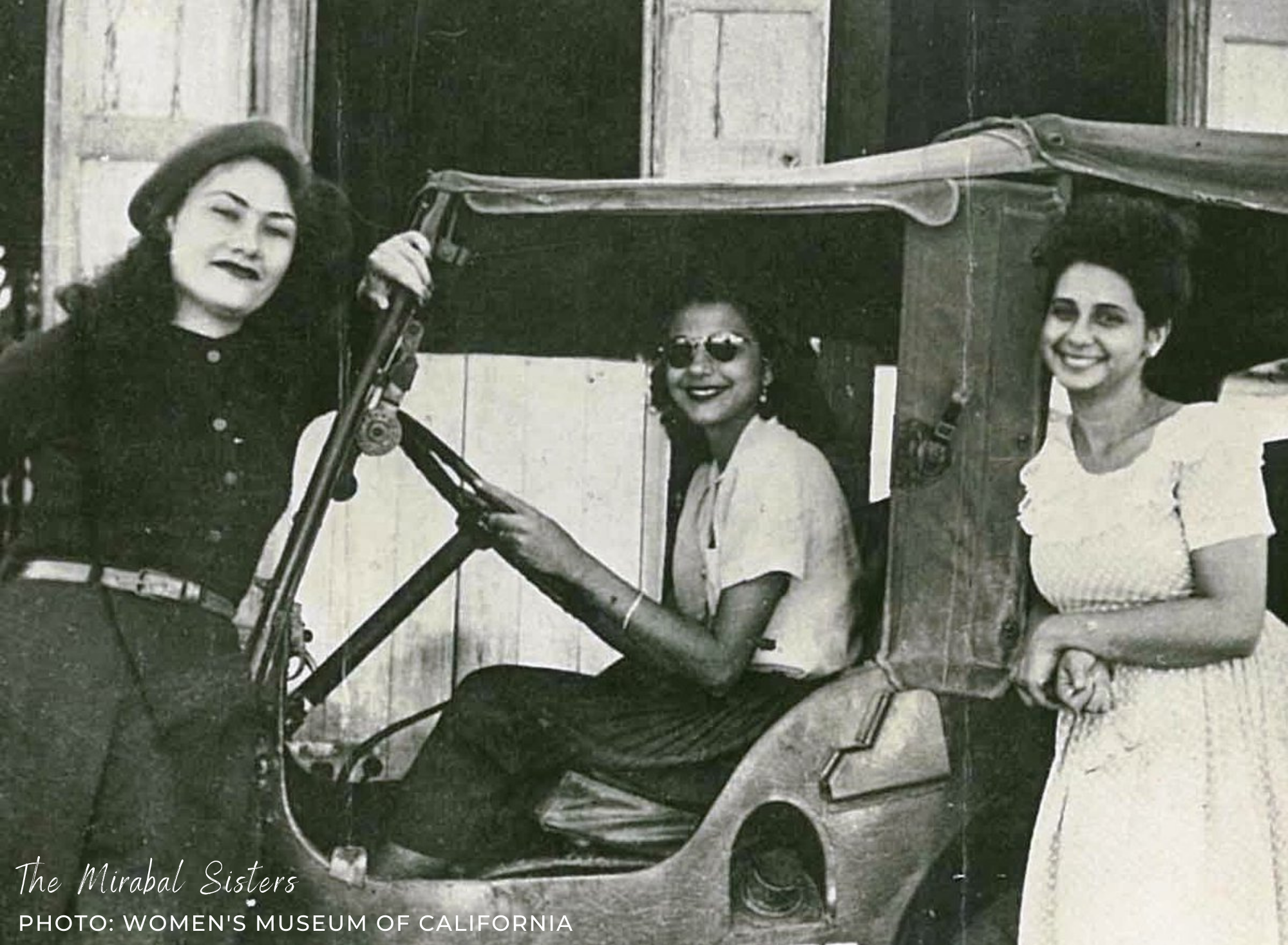I always appreciate the reminders and lessons one learns through experiences at our school and this week didn’t disappoint in providing several for me.
One that stood out portrayed the power of perception and its impact on one’s thinking and decisions.
This past Thursday, I was able to attend the Grade 5 “Hooked on Books” book club, a meeting once a term in which the girls and their parents discuss an assigned book. As usual, in anticipation of the gathering, Ms Mustard, our St. Clement’s Head of Library and Information Services, kindly lent me a copy of the book to be discussed.
The Nameless City by Canadian Novelist Faith Erin Hicks is a graphic novel. I was, admittedly, skeptical as to whether this book was challenging enough for our girls, and I wondered how a ‘comic book’ could provide the same learning as a text-only book.
For those unfamiliar with graphic novels, they can appear like comic books but provide a lengthier and often more intricate story line. In many cases, they may be a part of a series.
Admittedly my perception for a long time had been that graphic novels aren’t like ‘real’ books. It was evident in our discussion on Thursday that many of the adults in the room- staff and parents alike- felt the same way.
I was very grateful to Ms Mustard who provided some thoughtful context for us around the benefits of graphic novels and literacy skill development as a part of a ‘balanced reading diet’:
- Often graphic novels have higher level words than print-only books for readers in the same age range providing an enriched access to vocabulary development
- Readers actively engage with the text in graphic novels in order to decipher the interplay between text and images. This includes deciphering facial expressions and body language instead of just reading descriptions
- Graphic novels assist readers in practicing their inferencing skills and ‘reading between the lines’
- Graphic novels can build fluency in a range of media and prepares readers to understand multimedia messages which are now increasingly prevalent
What I also appreciated was the girls’ passion and detail when speaking about The Nameless City, their evident identification of important themes like prejudice, and their ability to tie these themes to their learning in Social Studies. Our girls demonstrated not only enthusiasm, but also a deep connection to their broader learning.
This is but one example of how our own perceptions- and those of others- can affect our openness or tendency to engage in something. Too often, we are guided by assumptions, misinformation, and a closed approach which inhibits growth and understanding.
I am grateful to Ms Mustard for identifying a graphic novel for Hooked on Books, to our girls for their enthusiasm and demonstration of learning and to the adults at the event who spoke openly about their hesitation.
Through sharing our perceptions, we learn and develop deeper, better-informed perceptions.

